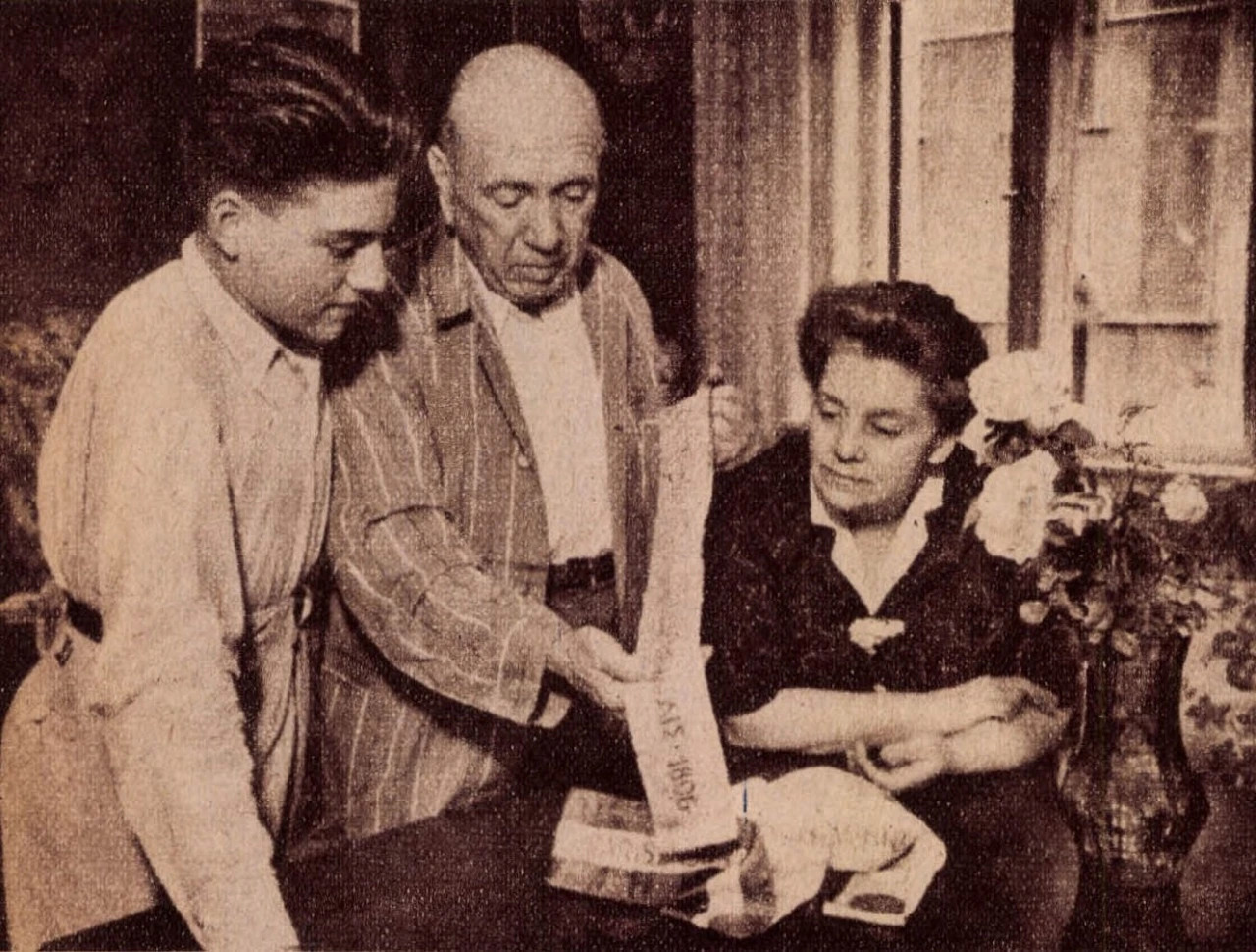Why did I choose this film?
Ingmar Bergman has been the topic of many dinner conversations at my home. His cinematic reflections and eurocentric depictions of the human condition are paralleled by very few (maybe
Federico Fellini, Jean-Luc Godard, Kurosawa, Sergei Eisenstein). The peer pressure at home to watch a Bergman film was high, and I finally caved.
What’s the film about?
This movie is the first work in Ingmar Bergman’s trilogy on faith and the loss of it. It won an Academy Award for best foreign-language film. The story is about a father, his daughter and son, and the daughter’s husband vacationing on a remote Swedish island. While the sickness of the daughter, Karin (Harriet Andersson) is alluded to – it is never mentioned. You realise after awhile that she must be in recovery or remission from a psychotic episode (most likely schizophrenia). During this vacation she discovers that her father David (Gunnar Björnstrand), a well-respected intellectual and an author has been using her illness for his own literary ends. She reads in his journal that he thinks she is incurable and how he wants to use her narrative in his work. While all this is happening you get to see the boundaries between her different realities blur. At one point, Karin narrates to her brother Minus (Lars Passgard) how she can hear voices calling to her and how this once the wallpaper opened a door and that she thought it might have been God. She goes on to say, she has seen God, and he was a spider. There is a scene later in the movie, where you see her brother look for her and find her in a boat-wreck. Here, you assume an act of incest occurs, but you never know for sure. Throughout, her husband seems to love her but looks like a helpless caregiver. Eventually, Karin relapses and is taken to a hospital by helicopter, which she experiences as a spider descending from the sky.
I must warn you, the film is rather depressing and for someone like me (Shrek-animation is more my genre) – but it is a good study for psychologists interested in cinema (and vice versa). I would read some historical (phenomenological) works by CS Mellor or Schneider’s first rank symptoms if I were to use the movie in a college / university lecture.
I must warn you, the film is rather depressing and for someone like me (Shrek-animation is more my genre) – but it is a good study for psychologists interested in cinema (and vice versa). I would read some historical (phenomenological) works by CS Mellor or Schneider’s first rank symptoms if I were to use the movie in a college / university lecture.
Where can I watch the film in India?
You can watch the movie on the website of The Criterion Channel, iTunes and Amazon.





